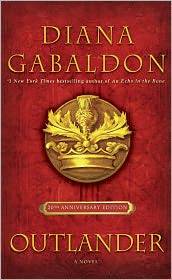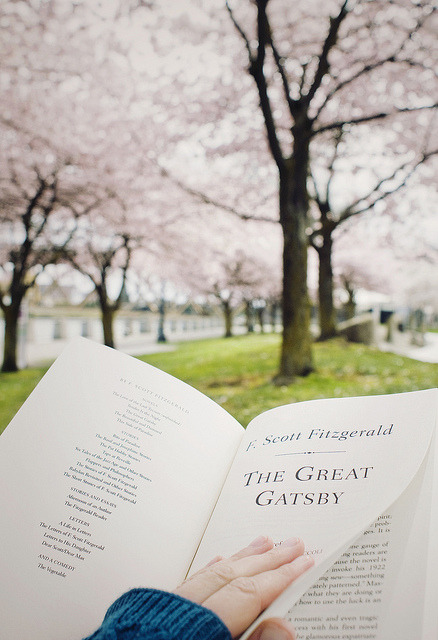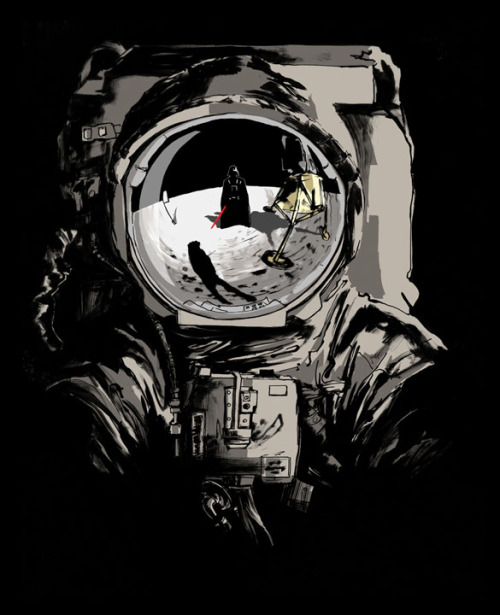Truth isn't realism? It is truth. Writing is not about reporting back events that you have seen it is creating them to be seen.
But isn't some truth stranger than fiction? Isn't it that the truth that inspires the most authentic of fiction?
 |
| photo source |
 |
| Photo Source |
 |
| photo source |
 |
| photo source |
 |
| Devil Wears Prada Plotting |
 |
| Harry Potter Spread Sheet Plotting |
 |
| photo source |
1. Always try to use the language so as to make quite clear what you mean and make sure your sentence couldn't mean anything else.
2. Always prefer the plain direct word to the long, vague one. Don't implement promises, but keep them.
3. Never use abstract nouns when concrete ones will do. If you mean "More people died" don't say "Mortality rose."
4. In writing. Don't use adjectives which merely tell us how you want us to feel about the thing you are describing. I mean, instead of telling us a thing was "terrible," describe it so that we'll be terrified. Don't say it was "delightful"; make us say "delightful" when we've read the description. You see, all those words (horrifying, wonderful, hideous, exquisite) are only like saying to your readers, "Please will you do my job for me."
5. Don't use words too big for the subject. Don't say "infinitely" when you mean "very"; otherwise you'll have no word left when you want to talk about something really infinite.Advice like this sounds so straight forward. However, the implementation of it is the true challenge. It is almost debilitating to get started if you starting thinking of it. The key is to write ugly, get it out. Once it is out the real work begins. Take it one sentence at a time. Torment each sentence, paragraph and get violent with your edits. When you think you are done hand it off to your beta readers to vet out as much of it as possible.
 |
| Photo Source |